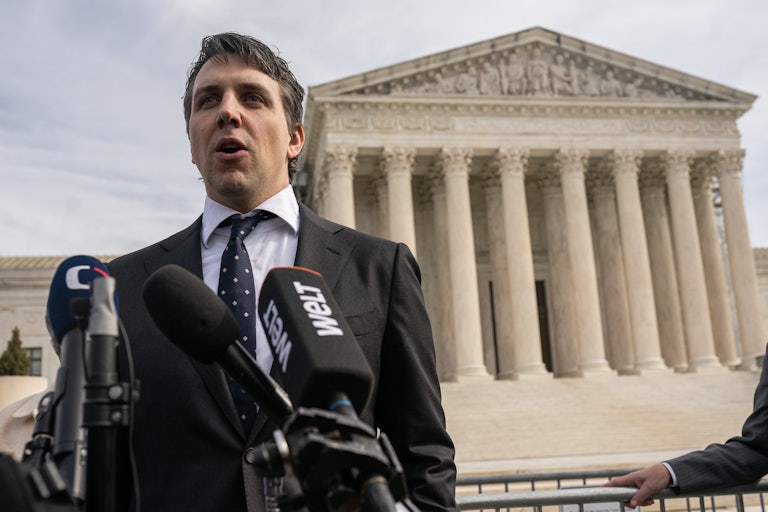Got into a big debate with my Dad about that the other week.
Said essentially the same thing. CNN and MSNBC and anyone besides FOX should just not cover him in the same way as 2016, because they 100% benefited and fed into it.
he was ranting about journalism and integrity and whatever, but I think that's that bullshyt. If all those anchors and execs pound the table EVERY night that he is a threat to democracy, stop promoting him. We know what and who he is. We don't need to see the posts or the speeches. He hasn't changed. We get it. Stop the promo. Stop hosting his guys. Stop interviewing his people.
I realize the implications, but to say someone is a THREAT TO DEMOCRACY is not the same as favoring a candidate for political reasons.
 hopefully his rape is imminent
hopefully his rape is imminent

